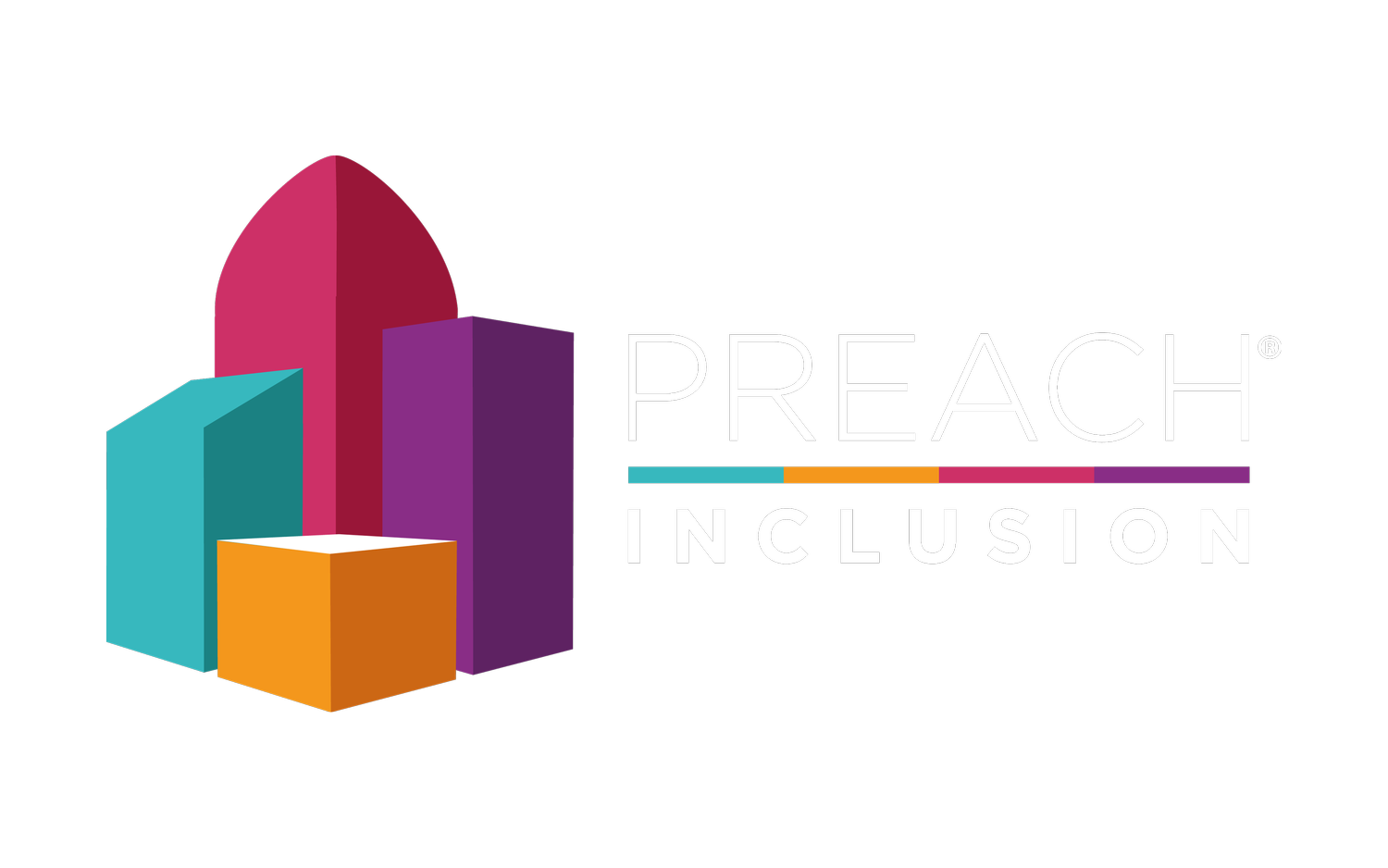Cultural Intelligence during a time of global conflict
PREACH Inclusion founder, Priya Aggarwal-Shah
As part of PREACH Inclusion’s (Promoting Race, Ethnicity and Cultural Heritage) rebrand and in response to calls from clients and individuals wanting to do better, we've introduced Cultural Intelligence (also known as CQ) as a new area which we'll be sharing more insights on.
Cultural Intelligence is our ability to recognise and adapt to cultural differences. In the context of global conflict, it’s our ability to understand the cultural setting in which a conflict arises.
Over the last year, we’ve found that companies have struggled to support their employees appropriately and are increasingly asking for support.
PREACH Inclusion founder, Priya Aggarwal-Shah, shares more about CQ and why it matters more than ever today.
Global conflict at an all-time high
We are living in the most volatile times in our lives, with numerous conflicts happening in various parts of the world.
These are all having direct and indirect impacts on our employees, colleagues and friends.
But what we've found is that organisations have struggled to approach what is happening around the world in appropriate ways.
Through lack of understanding and awareness, companies have missed the mark on statements, not given any at all, or more importantly, not acknowledged the impact of different conflicts on their employees.
This can create divisions between employees, who feel unheard or ignored and subsequently have an impact on productivity.
The role of Cultural Intelligence
This is where the role of Cultural Intelligence (CQ) comes in. Cultural Intelligence begins with a deep understanding of the cultural context in which a conflict arises. People from different cultural backgrounds may perceive and react to situations differently.
It's also about building trust and psychological safety, to enable your employees to open up about how they're feeling and to allow you to support them in the right way.
This isn’t necessarily about learning the specifics and history of every culture – that’s an impossible and ever-evolving task.
Rather, this is about being a more empathetic, curious and respectful leader. It’s about changing the way we view others and removing biases, pre-judged conceptions and recognising that every individual is valuable, regardless of their beginnings. Much of our unconscious bias towards certain people stems from our early years and influences around us.
How can you convey empathy and Cultural Intelligence when you haven’t changed your mindset?
The most appropriate action
In the first instance, your responsibility as an employer is your ‘emotional contract’ with your employees – checking on their wellbeing and asking what support you can give. You may not have all the knowledge or the answers on a conflict, but that’s OK – your employees can share with you what they need. They are more likely to open up if you have taken that first step to reach out.
If you do choose to say something there are certain things that should be considered first:
- Is it appropriate to release a statement?
- Have you checked the statement or spoken to those impacted first?
- Is your statement one–sided and suggestive of supporting one community over another?
- How could this impact certain employees?
- Why are you choosing to make a statement?
- Understand your why before saying anything and ensure you have a plan on how to respond honestly and authentically.
Conflict and the wider business
At a macro level, your openness to being culturally aware may even question your ESG approaches and whether you want to divest funds or projects that are indirectly fuelling conflict.
This is certainly something that B-Corp companies should be considering, if their purpose is to transform the global economy to benefit all people, communities and the planet.
Even without the B-Corp status, if you are talking about social value, then there is an expectation that this value extends to all human beings.
Some questions that we should all be asking are… do we really understand what is happening around us? Do we know the footprint of our business from a cultural perspective?
So, what next?
We want to help companies become more effective at communicating the challenges around us, which may not always be easy to approach in the first instance.
In a world that grows increasingly interconnected, the ability to understand how global conflict impacts our employees and work is not just a desirable skill; it's an essential one.
Find out more in our recent Faith & Religion guidebook, produced in partnership with London Property Alliance.

